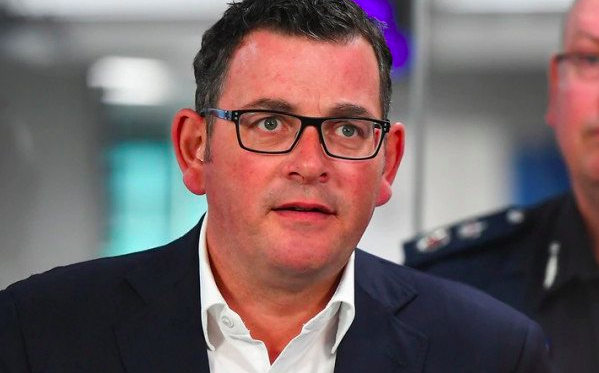Cancellation of Stamp Duty: Victoria May Witness the Largest Tax Reform in History!
Yesterday afternoon, the Premier of Victoria made a sudden public announcement regarding a comprehensive reform of the tax policy, with the most significant news being the potential complete removal of stamp duty in Victoria!
Under the proposed reform, property owners would be required to pay an annual land tax instead of the current upfront stamp duty. This radical change could become the core of Victoria’s economic recovery after the pandemic. Currently, purchasing a property in Melbourne at the median price of $845,000 AUD incurs a stamp duty of $45,770 AUD, generating annual revenue of $6 billion AUD for the Victorian government.
As we all know, when purchasing real estate in Australia, both local buyers with permanent residency or citizenship and overseas buyers are subject to paying the corresponding amount of stamp duty. Let me explain the calculation method of stamp duty (specifically for Victoria): Previously, in Victoria, the stamp duty paid for property purchase was a fixed percentage of 5.5% of the property’s total price. However, after the introduction of overseas stamp duty in 2016, overseas buyers and investors were required to pay an additional 7% stamp duty on top of the existing 5.5%, resulting in a total tax of 12.5%. This regulation had some impact on the rise of property prices in Victoria. Then, on July 1, 2018, the overseas stamp duty increased by an additional 1%, making overseas buyers in Victoria subject to a total tax of 13.5%, coupled with tightened bank lending, which led to a decline in property prices in Victoria. Now, Premier Andrews of Victoria has announced a comprehensive tax reform, which, if implemented as predicted, could potentially exempt stamp duty, greatly stimulating the Victoria property market and attracting more local and overseas investments, thereby boosting employment and prosperity in the entire state.
According to reports from The Pioneer Sun, the Victorian authorities are considering a reform plan to replace the existing stamp duty with a cheaper annual tax based on the land area and value of the property. Although there will be a relatively long transition period, this reform is deemed necessary so that property owners do not have to pay double taxes for newly acquired homes. However, this reform would require assistance from the Commonwealth government to compensate for the temporary decline in national revenue. Although Prime Minister Morrison previously expressed skepticism about abolishing stamp duty, it has now become a significant recommendation for reform. Experts suggest that annual land taxes can lower upfront costs, increase housing affordability, and encourage the sale of high-value land, accelerating the development of more affordable housing projects. Insiders confirm that the Victorian government is actively considering a tax system transition, stating, “This will be the biggest change in tax history, even bigger than the Goods and Services Tax (GST).” This move would benefit low-income families and retirees who can enjoy favorable tax rates, tax refunds, or defer payment of annual taxes until the sale of the property. Reserve Bank Governor Philip Lowe also hopes that state governments will demonstrate a cooperative spirit during the pandemic and undertake economic reforms, including changes to land taxation methods. For overseas buyers, the current exchange rate of the Australian dollar to the US dollar is at a historically low point, and Victoria’s property prices are also at a low level. Without the restrictions of overseas stamp duty, the initial burden on overseas buyers in property purchases will be significantly reduced, attracting a large number of high-net-worth overseas buyers.
A senior federal government official also agrees that stamp duty reform must be brought to the forefront to achieve economic recovery at the national level. Previous estimates suggest that this reform could boost the national economy by $28 billion AUD. Currently, stamp duty and land tax are only imposed on commercial properties and investment residences, expected to bring $9.5 billion AUD to the Victorian treasury this year, accounting for about 40% of the state’s total tax revenue.
However, due to the impact of the pandemic, there has been a significant “hole” in stamp duty revenue. Additionally, the total amount of stamp duty has plummeted due to the slowdown in the housing market at the end of last year, indicating its uncertainty and volatility. Under the new system, the tax rate for land tax may be calculated based on the “undeveloped value” of the land and does not include the cost of building a house. There may be an exemption threshold for low-value land, such as farms. However, for now, the focus of the Victorian government remains on controlling the COVID-19 pandemic, and as of April 26th, a government spokesperson stated that no decisions have been made regarding tax reforms. AustraLink will keep you updated on any changes in future tax policies.
Read More >>





